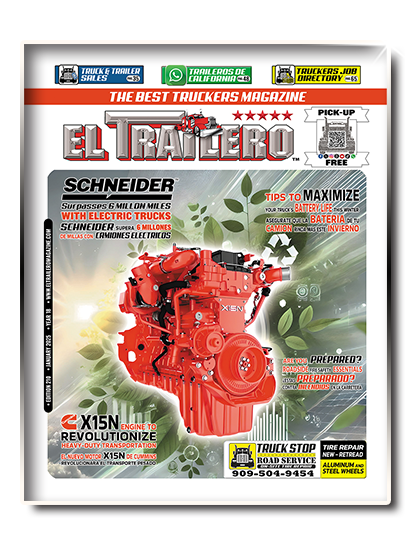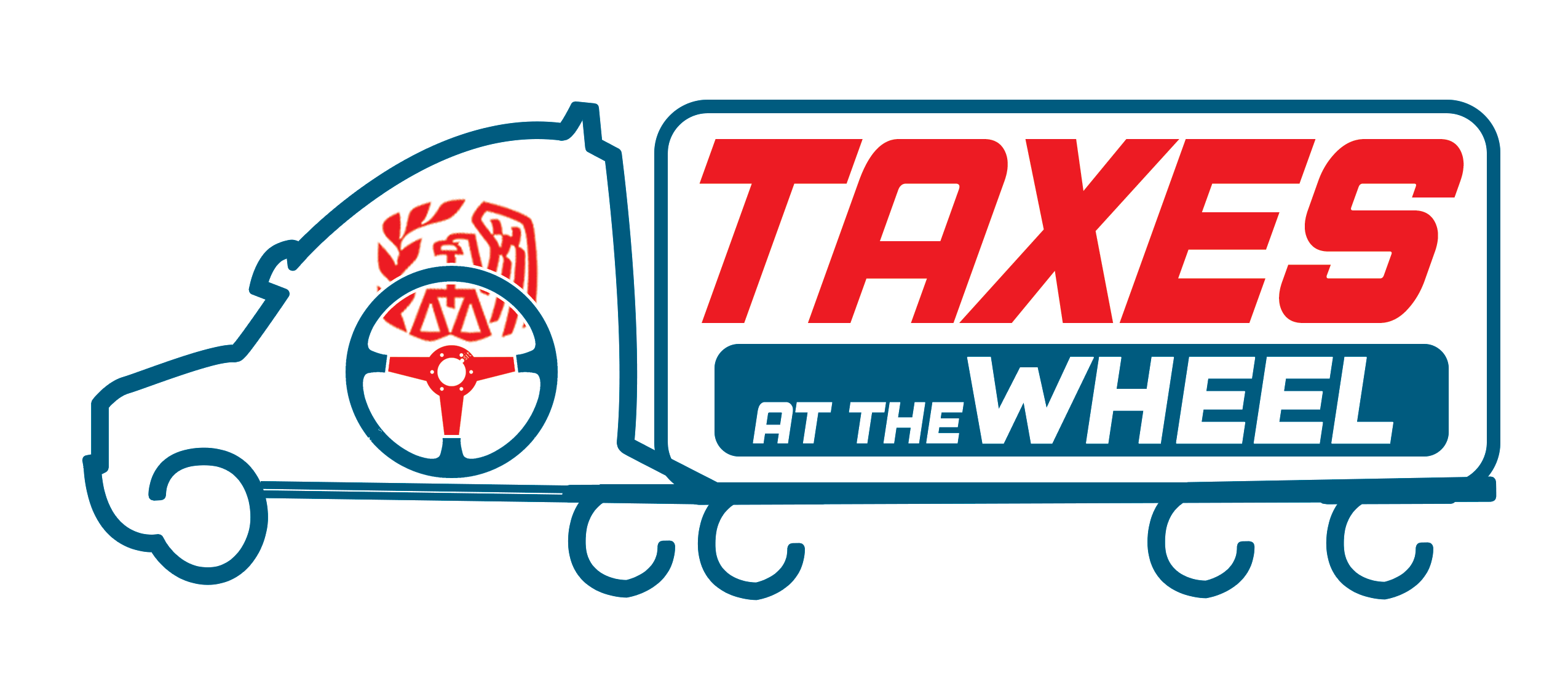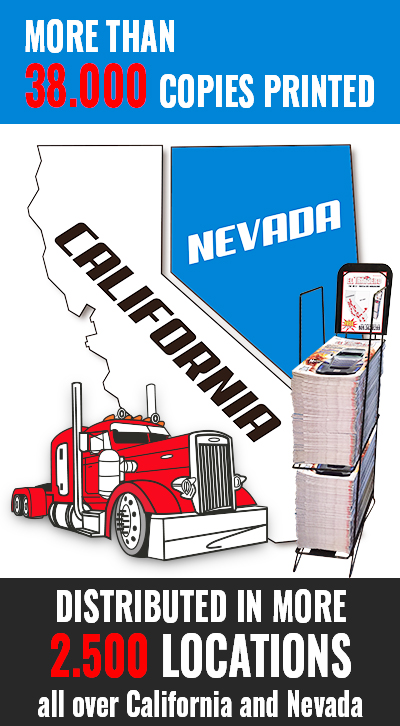 |
|
 |
Get our FREE |


For truckers and small transportation business owners, choosing the right legal structure is not just paperwork—it can make the difference in taxes, personal protection, and the risk of IRS audits. Below is a simple comparison of the most common options and their impact with the IRS.
C Corporation
Advantages: offers limited liability, protects personal assets, and allows issuing shares to attract investors.
Disadvantages: faces double taxation—the company pays corporate taxes and owners pay taxes again on dividends. It also requires higher accounting and reporting costs.
With the IRS: files Form 1120. Due to its complexity, it has a higher chance of being audited, especially for deductions and expenses.
S Corporation
Advantages: also provides limited liability while avoiding double taxation. Profits are passed directly to shareholders, who report them on personal tax returns.
Disadvantages: limited to 100 shareholders, all of whom must be U.S. citizens or residents. It can only issue one class of stock.
With the IRS: files Form 1120S. The IRS closely reviews how profits and salaries are distributed among owners to ensure proper payroll taxes are paid.
Limited Liability Company (LLC)
Advantages: combines the liability protection of a corporation with the tax flexibility of a partnership. Income passes directly to members, avoiding double taxation. Easy to manage with fewer formalities.
Disadvantages: cannot issue stock, and in some states may face extra annual fees or taxes. In certain cases, the departure of a member can trigger dissolution.
With the IRS: single-member LLCs report on Schedule C of Form 1040; multi-member LLCs file Form 1065. The IRS may audit to verify correct reporting of income and deductions.
Independent Contractor
Advantages: the simplest option—no formal registration required. Income and expenses are reported on Schedule C. Allows deductions for business expenses such as fuel, repairs, and equipment.
Disadvantages: no liability protection. The owner pays an additional 15.3% self-employment tax and must handle quarterly IRS tax payments.
With the IRS: often audited, especially regarding deductions for home office or travel expenses.
Conclusion
There is no “one-size-fits-all” structure. A C Corporation may work for large companies, while S Corporations and LLCs are usually better suited for small businesses. Independent contractors benefit from simplicity but face greater personal and tax exposure. The key is to evaluate your goals, business size, and risk tolerance—always keeping solid documentation to avoid problems with the IRS.
Every October, the Commercial Vehicle Safety Alliance (CVSA) teams up with the California Highway Patrol (CHP) to conduc...
read more...Long hours behind the wheel, the loneliness of the open road, and overnight stops at remote truck stops can push many dr...
read more...The Federal Motor Carrier Safety Administration (FMCSA) has announced two pilot programs aimed at exploring more flexibi...
read more...The California Air Resources Board (CARB) has approved a set of emergency regulations to maintain certainty in the new-v...
read more...

